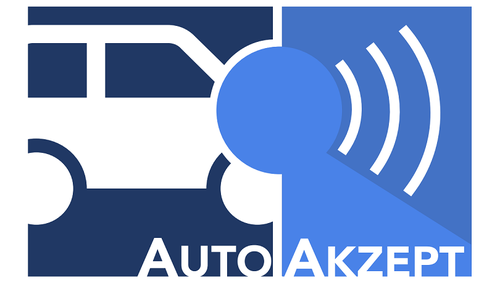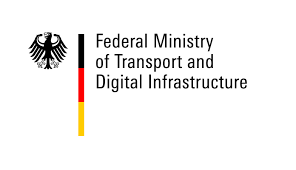AutoAkzept Automation ohne Unsicherheit zur Erhöhung der Akzeptanz Automatisierten und Vernetzten Fahrens
Goal
Autonomous Driving promises multiple advantages, like an increase of road safety, as well as an increase in time – drivers can read or work, while the car drives to the destination automatically. Despite that, the use of autonomous driving can also lead to insecurities: Do I have to take control, because automation is not fitted for all situations? Do I get sick while reading? Has my car really recognised the cyclist in front of me? A high degree of insecurity during the interaction with an automated system can lead to a reduced trust in automation, and with this in a decrease in use of automation, which again results in a reduction of the promised advantages.
In AutoAkzept, OFFIS has – in cooperation with our project partners – the hypothesis that the driving style as well as the interaction with the driver by the human-machine interface have the most relevant influence on the acceptance of automation. OFFIS will define, implement, and evaluate different driving styles and associated human-machine communication strategies in a research prototype.
External Leader
Uwe Drewitz, DLRTrende Alexander, Hartwich Franziska, Schmidt Cornelia, Fränzle Martin; International Conference on Human-Computer Interaction; Juli / 2020
Niermann Dario, Trende Alexander, Lüdtke Andreas; International Conference on Human-Computer Interaction; Juli / 2020
Drewitz Uwe, Ihme Klas, Bahnmüller Carsten, Fleischer Tobias, La HuuChuong, Pape Anna-Antonia, Gräfing Daniela, Niermann Dario, Trende Alexander ; International Conference on Human-Computer Interaction; Juli / 2020
Brück, Yvonne and Niermann, Dario and Trende, Alexander and Lüdtke, Andreas; International Conference on Intelligent Human Systems Integration; 2021
Hartwich, Franziska and Schmidt, Cornelia and Gräfing, Daniela and Krems, Josef F.; HCI in Mobility, Transport, and Automotive Systems. Automated Driving and In-Vehicle Experience Design; 2020
Hartwich, Franziska and Hollander, Cornelia and Johannmeyer, Daniela and Krems, Josef F.; Frontiers in Human Dynamics; 2021
Dario Niermann, Alexander Trende, Klas Ihme, Uwe Drewitz, Cornelia Hollander, Franziska Hartwich; MDPI; Dezember / 2021
Klas Ihme, Fabian Walocha, Jan Wegener, Johannes Rehm, Gavin Grolms, Hoai Phuong Nguyen, Mathias Niedling, Denis Elster, Alexander Trende, Dario Niermann, Uwe Drewitz; Proceedings of the 7th Humanist Conference; Oktober / 2021
Uwe Drewitz, Fabian Walocha, Jan Wegener, Johannes Rehm, Gavin Grolms, H Phuong, Dario Niermann Nguyen, Alexander Trende, Klas Ihme; Proceedings of the ACIMobility Summit 2021; September / 2021
Yvonne Brück, Dario Niermann, Alexander Trende, Andreas Lüdtke; International Conference on Intelligent Human Systems Integration; Februar / 2021
www.dlr.de
www.iav.com
www.tu-chemnitz.de
www.twt-gmbh.de

Duration
End: 31.03.2021
Source of funding

